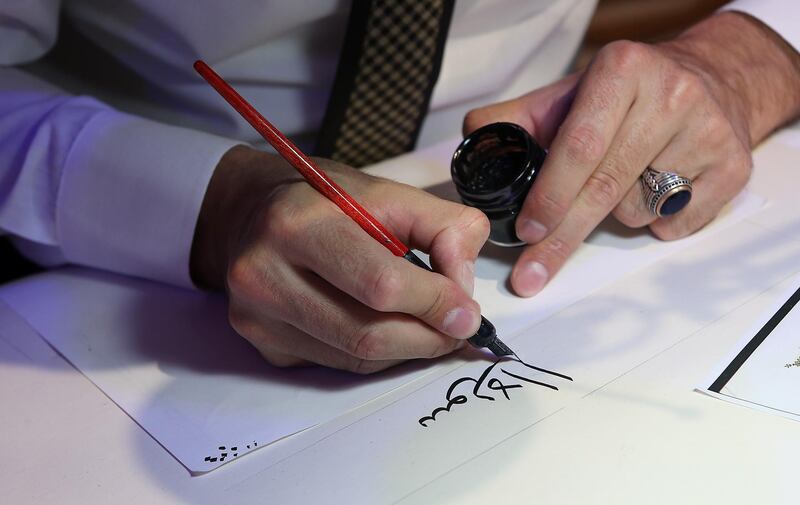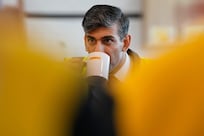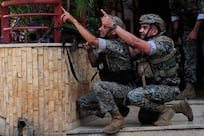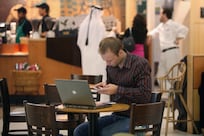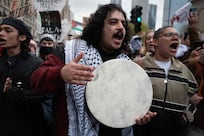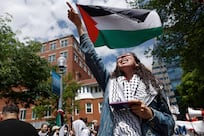Its lyricism and precision have contributed to the worlds of philosophy, science and the arts for more than 1,500 years. It unites people at opposite ends of the planet with their shared knowledge of its classical form. Today, as dozens of countries around the world mark World Arabic Language Day in celebration of the language spoken by more than 420 million people, it is worth remembering why it is so important to preserve Arabic in all the forms and dialects in which it is practised today. For language is ever-evolving and nowhere more so than here in the UAE, where 200 nationalities leave their own imprint. That brings with it connectedness and globalisation but there is a downside, as there are fears the ability to write and speak Arabic properly are being eroded, with Arab youth preferring to speak English. Despite its prevalence in this region, Arabic is on the decline. There are various factors at play: as well as English being the language of commerce and education in most private schools, digital media plays its part. Meanwhile pupils complain of archaic teaching methods for Arabic in schools and are increasingly using Arabezi, the mixture of English and Arabic which has passed into common parlance.
Bil Arabi, a government initiative being launched today, aims to counter that by promoting the use of Arabic on social media channels. This makes sense, with nearly 90 per cent of UAE residents on social media platforms on a daily basis, predominantly WhatsApp and Facebook. Saudi Arabia, too, has the highest YouTube consumption in the world with more than 70 per cent of its population regular visitors to the site. Bil Arabi, which will involve events and campaigns over the next year, will target that very audience, who, as part of a younger generation, might be forgetting the language of their parents and grandparents but will have fresh content aimed directly at them. Meanwhile Unesco, which recently granted intangible heritage status to the Emirati tradition of performing Al-Azi poetry, will hold its eighth Arabic Language Day, co-hosting two days of workshops and roundtables focusing on the use of new technologies in teaching Arabic, the future of the language and its relationship to science. While the language has a long history rooted in this region and the Quran, the talk will be about how to take it forward and make it approachable to future generations in all its glorious forms. As the Muslim orator Ahmed Deedat once said: "Language is the key to the heart of the people". Many people hold Arabic dear in this region; the key to ensuring millions more continue to do so over the coming years will rest on initiatives like these becoming everyday practice and not simply being held once a year.
